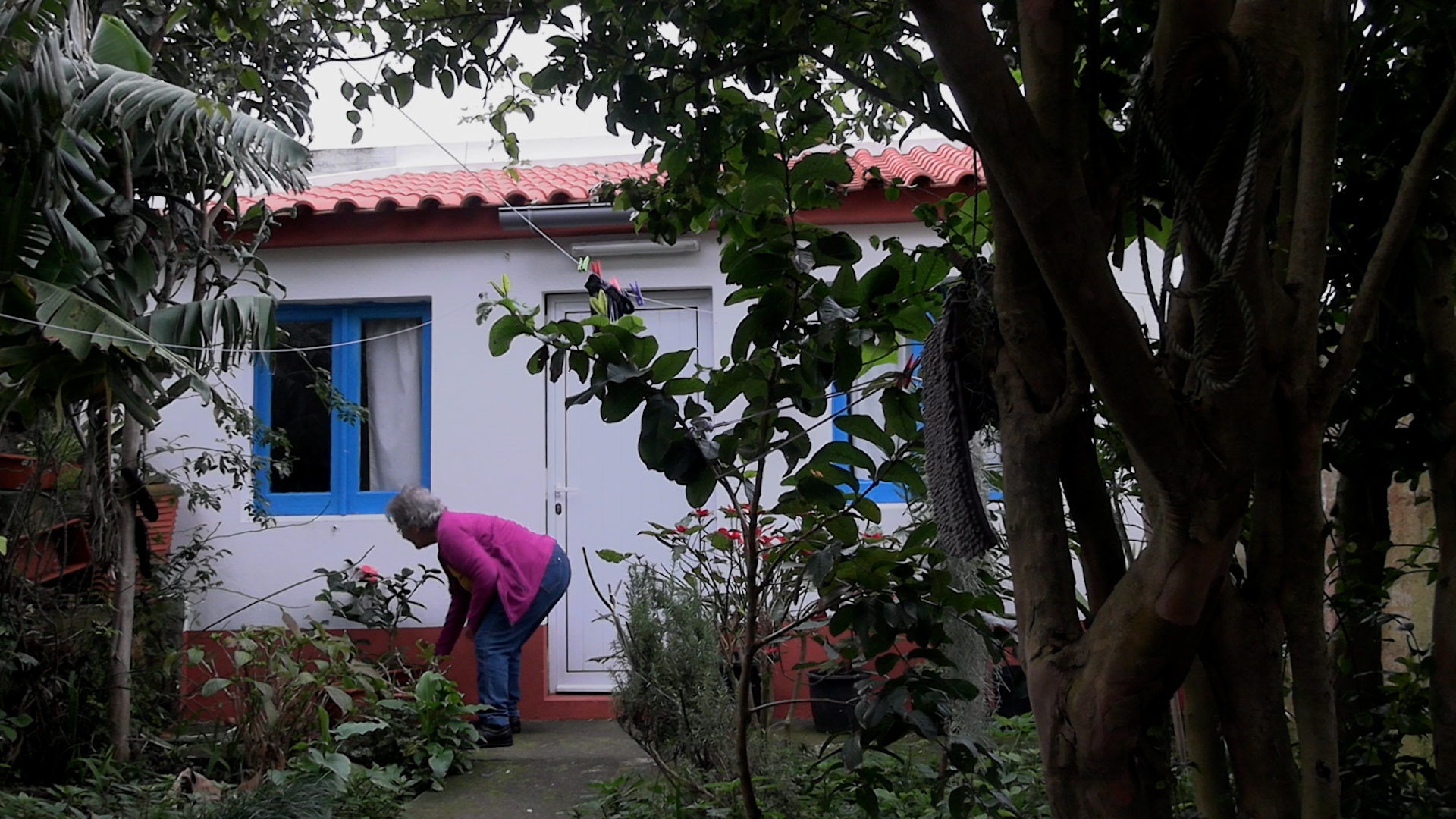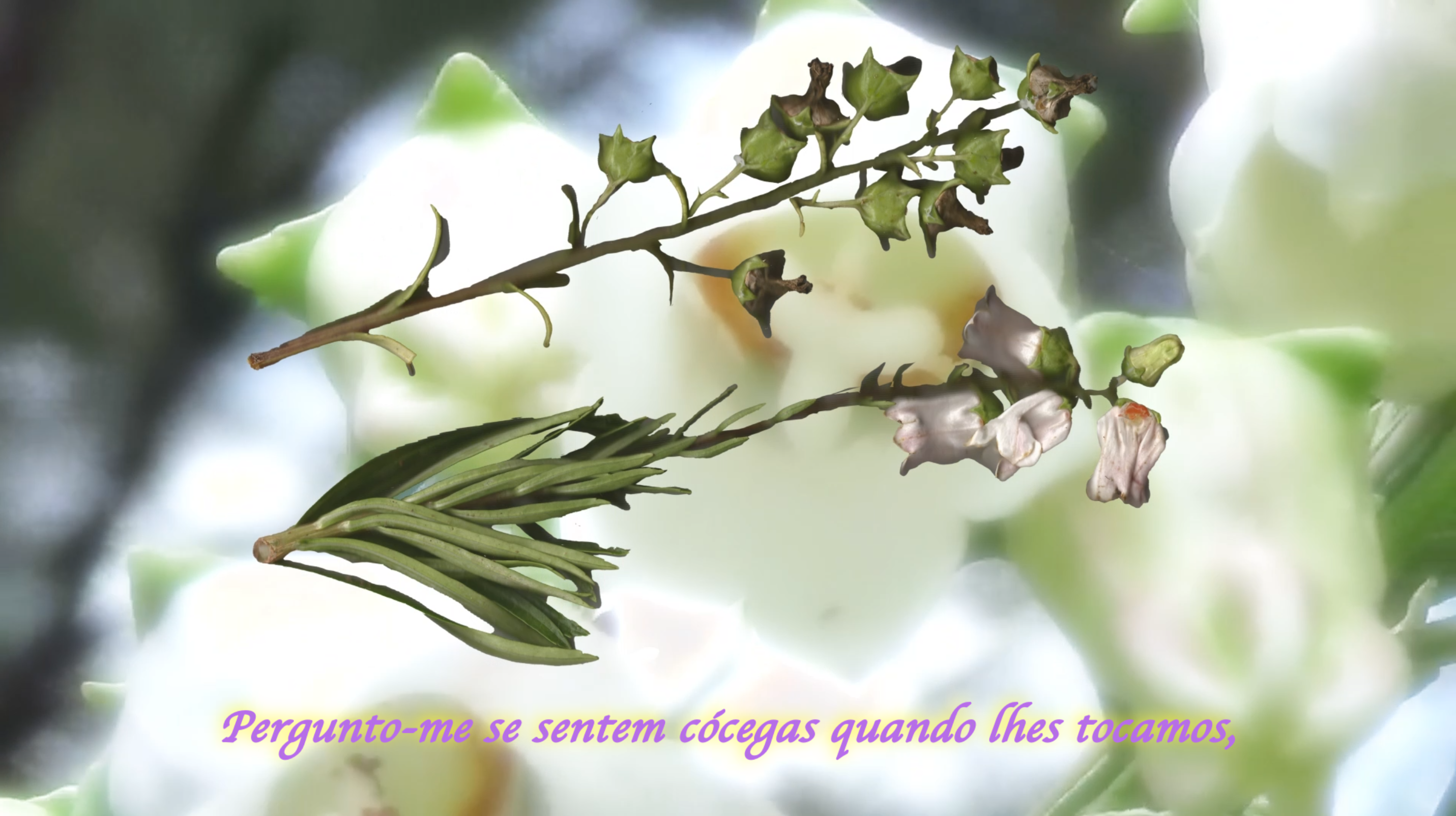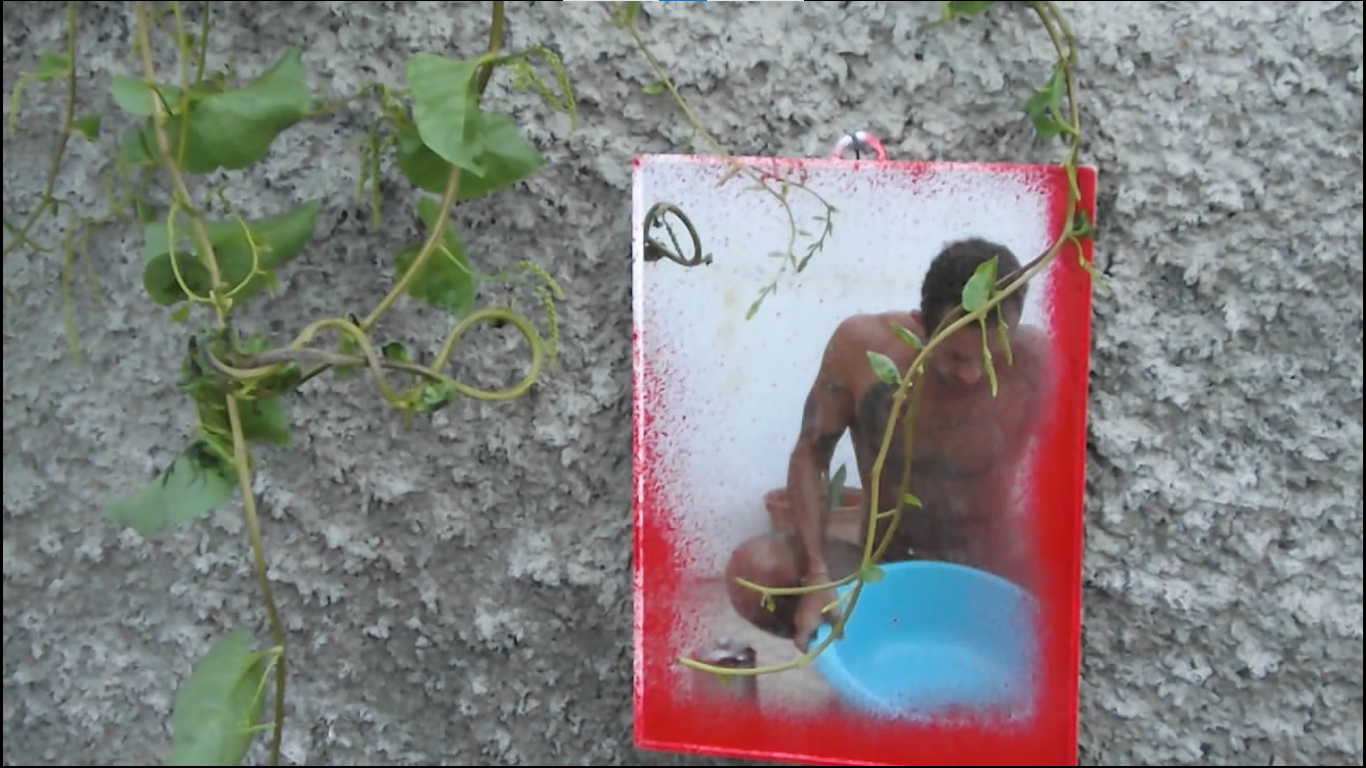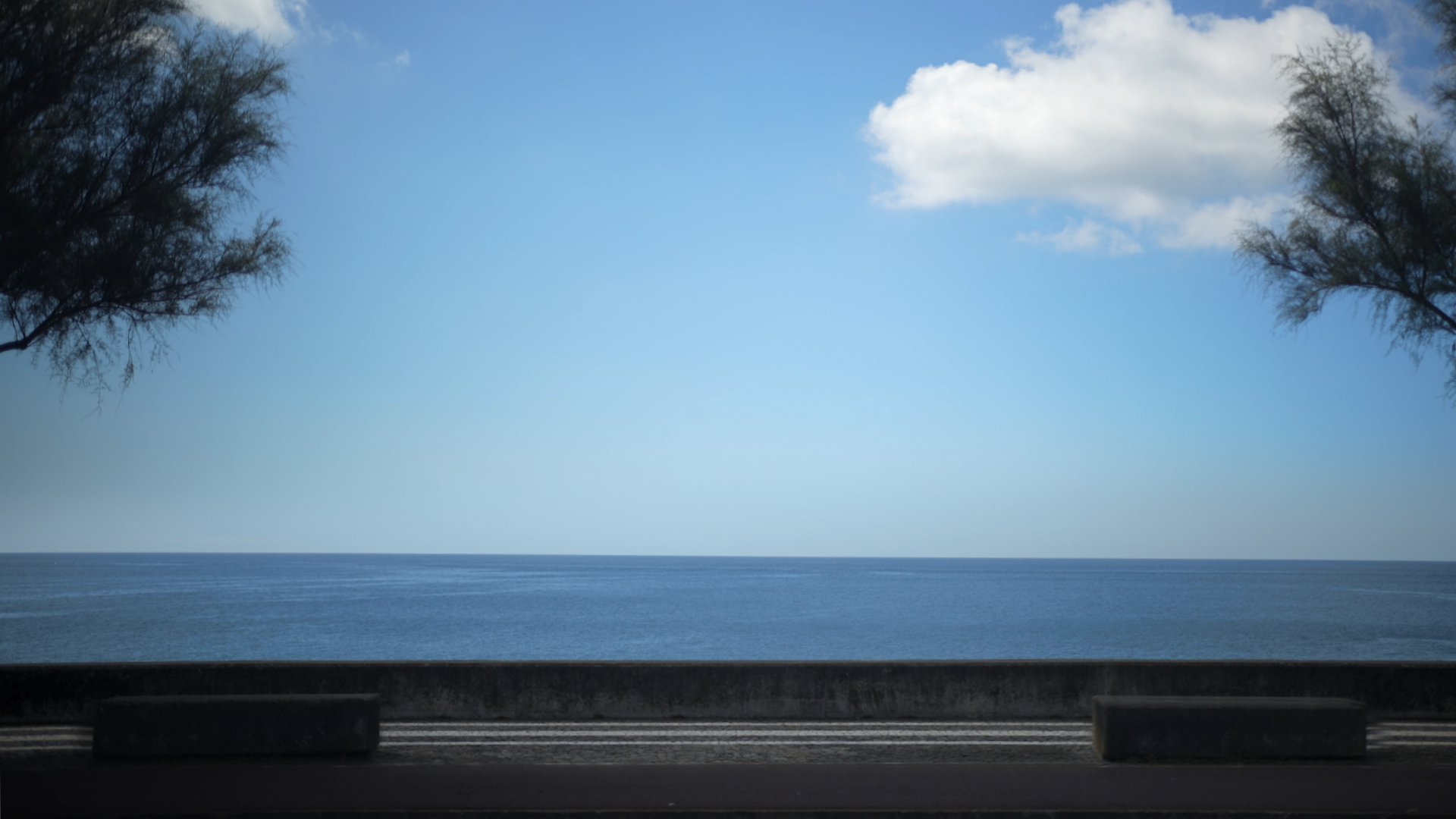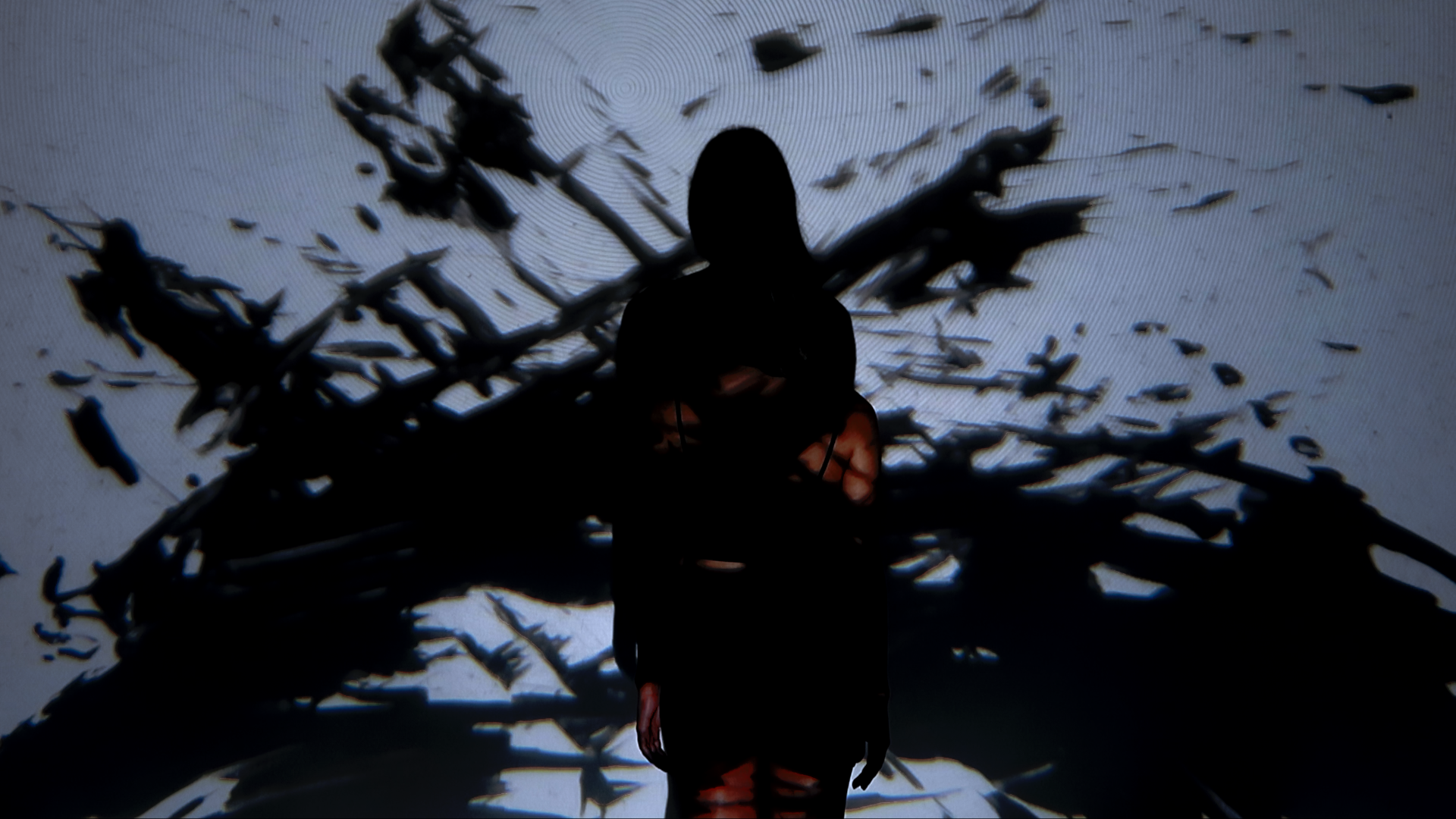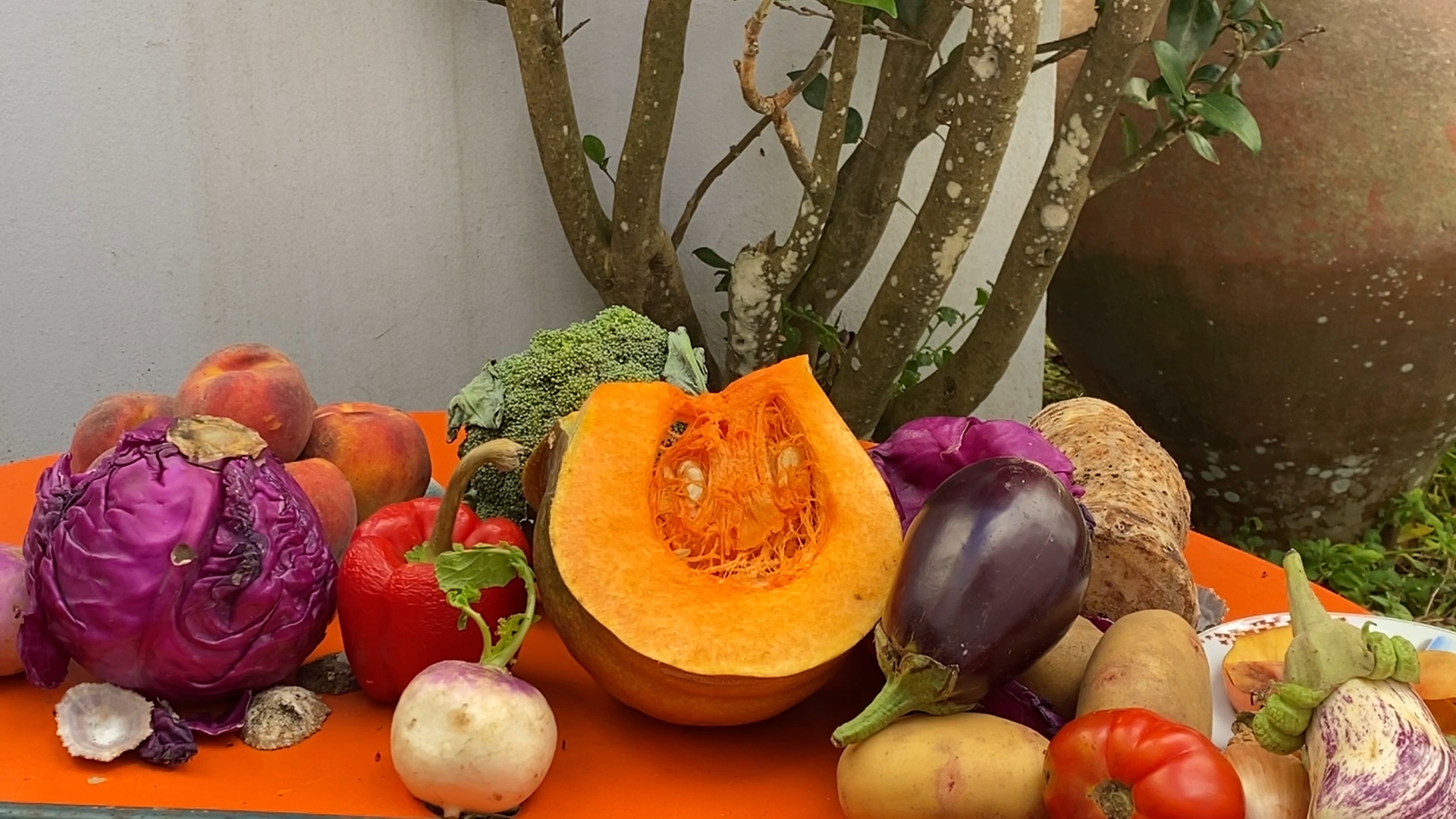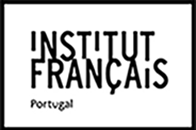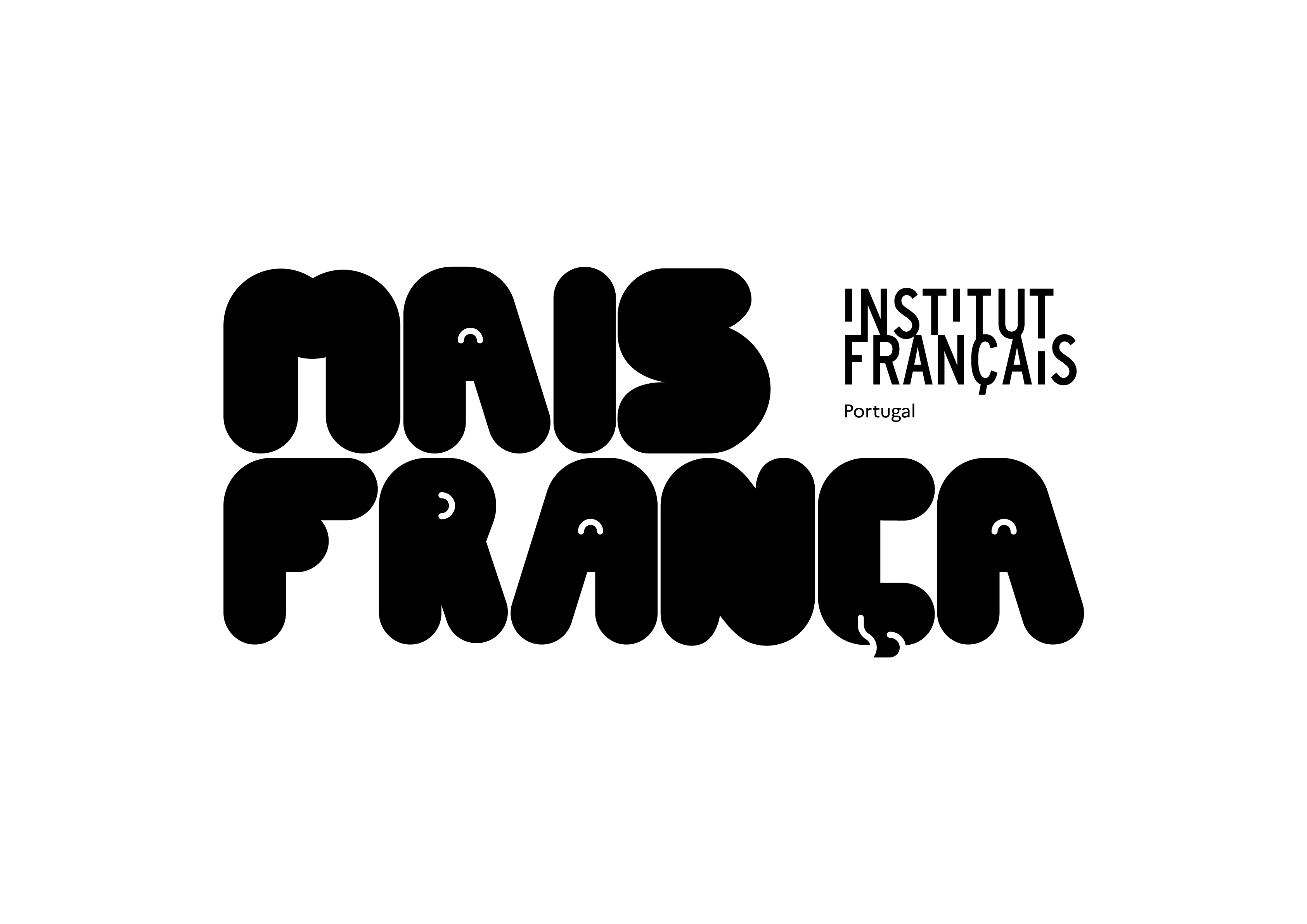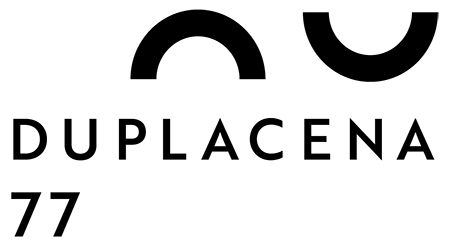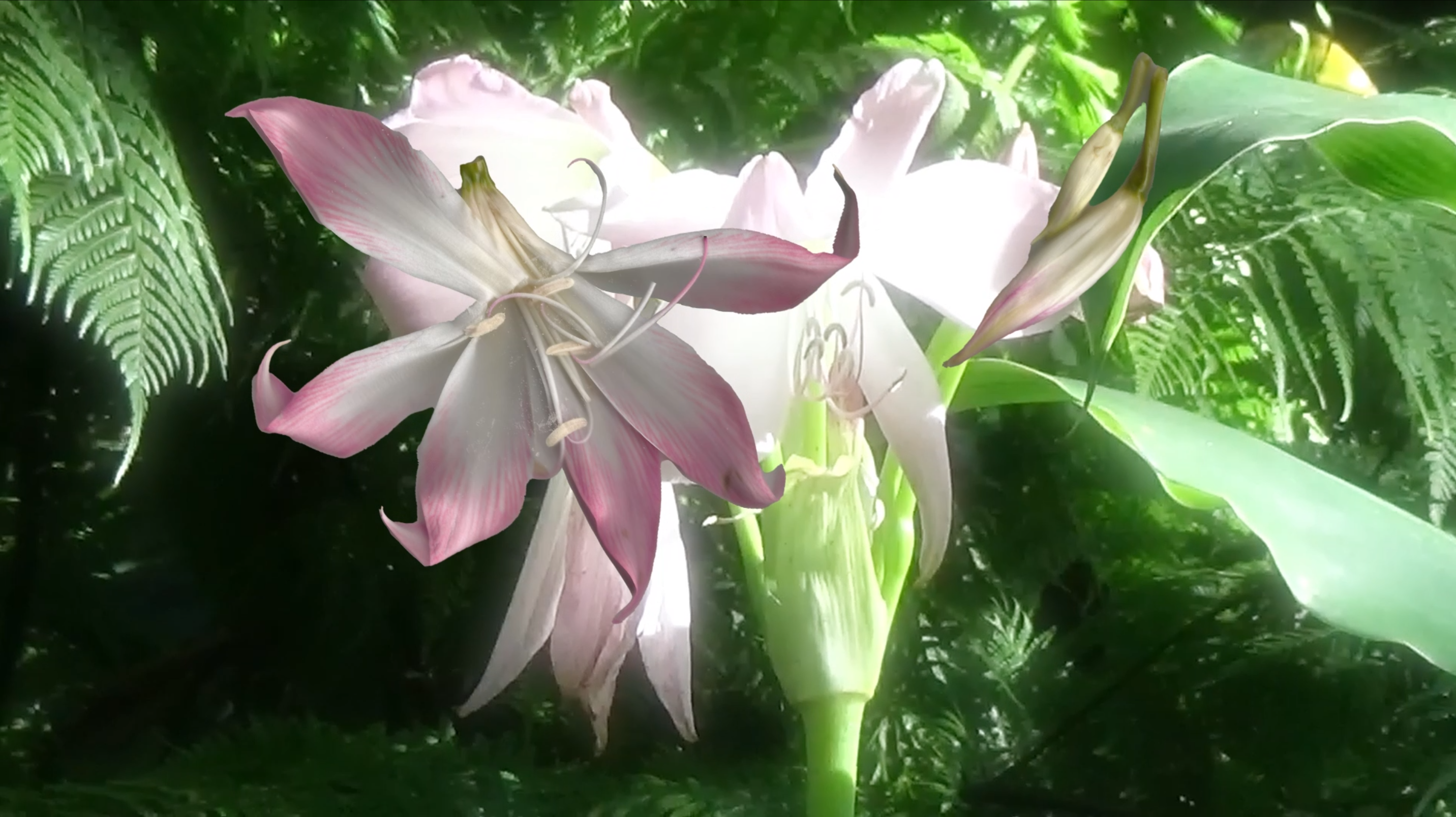
Mostra Fuso Insular
Aberta ao público de 27 a 31 de agosto, com três sessões diárias às 15h, 16h e 17h.
O FUSO Insular é um programa de residência criativa e uma Mostra de Videoarte dos Açores. Surgiu em 2019, na sequência do FUSO Lisboa. Existia uma lacuna no panorama artístico do Arquipélago dos Açores quanto ao conhecimento e à formação na área da imagem em movimento. Com o intuito de fomentar a criação artística açoriana, desenvolvemos o Laboratório Imagem em Movimento, um espaço/tempo dedicado à criação de obras em vídeo. É um programa de residência cujo propósito é dar oportunidade às pessoas que vivem nos Açores - sejam ou não artistas – e que se interessam pelas artes cinematográficas, de realizarem os seus projetos em vídeo, munindo-as de conteúdos e referências e apoiando-as no desenvolvimento e concretização dos seus trabalhos. Entre encontros teóricos e práticos, estimula-se a reflexão sobre a imagem em movimento como expressão artística transversal a todas as práticas. Os trabalhos que apresentamos nesta edição do FUSO Lisboa foram criados durante o Laboratório Imagem em Movimento de 2024. A realizadora Catarina Mourão foi responsável pela componente teórica da residência e o artista André Laranjinha pelo acompanhamento prático. Durante o verão açoriano, em encontros semanais e num processo colaborativo, os participantes propuseram ideias, criaram guiões, captaram imagens e sons e aventuraram-se por ilhas de edição, para contarem as suas histórias.
Ana Cabral inventaria uma herança emocional em busca do passado que nunca viveu;
As Atelineiras - Bia, Carol, Inês e Xico, criaram um herbário de plantas presentes na paisagem açoriana para confrontar e criticar as categorias dessa mesma flora;
Catarina Fernandes oferece-nos um gesto de amor;
Maria Emanuel Albergaria filma cenas que a seduzem e envolvem, numa reflexão sobre a importância de cultivar e cuidar;
Maria João Sousa dá-nos ver o invisível;
Sandra Medeiros reflete sobre a parte que preferimos não reconhecer em nós próprios;
Willian Fonseca evoca suas origens para falar da condição de imigrante.
Autobiográficas ou ficcionais, estas obras têm no território açoriano um denominador comum.

